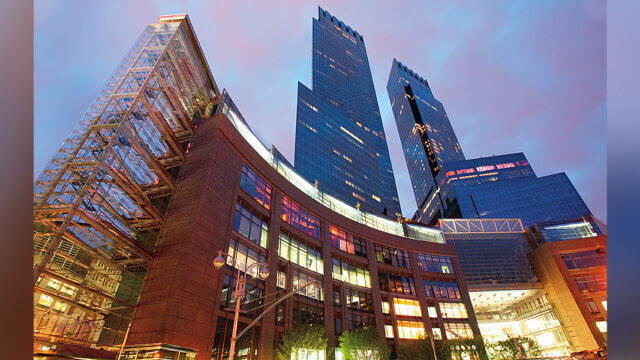After a turbulent 2020, the hotel industry saw an acceleration into recovery in 2021, which is projected to continue, despite operational hurdles and inflationary pressures, in 2022. According to JLL Hotels & Hospitality’s annual Hotel Investment Outlook, the industry’s recovery has presented new trends for hotel owners, operators, investors and consumers in 2022.
Global transaction volume totaled $66.8 billion in 2021, a 131% increase from 2020. The Americas was the most liquid region and accounted for nearly 60% of global hotel transaction volume. This level of activity marked not only a 269% increase in volume over 2020 but also a 32% increase relative to 2019 activity.
With demand’s uneven recovery across asset classes, investors focused on acquiring luxury or resort assets. Assets situated in urban locations remained the most liquid, but the level of activity in 2021 was down 22% from 2019 levels. However, sales activity across assets in resort locations represented a 17% increase compared to 2019 levels.
Buyer pools diversified in 2021 with private equity groups increasing their investments in hospitality by $25.4 billion from 2020 levels, representing 50% of all transaction activity globally.
“Consumer’s insatiable appetite for experiences, travel and hospitality is fueling unprecedented levels of demand,” said Gilda Perez-Alvarado, global CEO, JLL Hotels & Hospitality. “This, coupled with a relatively muted supply pipeline across major gateway markets, will enable the lodging industry to recover earlier than anticipated, making the sector a great investment opportunity.”
Following the progress made in 2021, the lodging market will continue to recover in 2022 with a few trends to watch:
- Investors will focus their money on markets that have augmented their profile since the pandemic. According to the report, tourist destinations that have strengthened their competitive advantage and amplified their profile in the marketplace are expected to garner significant interest from investors. A few select markets that embody these characteristics include Miami as a growing tech hub, Maldives as a key leisure gateway destination and Berlin as a strong global office market.
- Hoteliers will continue to face post-COVID headwinds threatening operating margins and potentially hindering RevPAR growth. Hotel operators continue to face headwinds as they navigate the lodging industry’s recovery in a post-COVID-19 world. In 2022, the primary challenges hoteliers will need to monitor closely include labor shortages, supply chain issues and inflationary pressures, all of which pose a threat to attaining material profit growth in the year ahead.
- The industry’s commitment to sustainability can lead to higher asset values, decreased operational costs and increased consumer demand. The hotel industry’s opportunity to enact real change towards sustainability requires a holistic approach that addresses consumers, operators and investors. Each of these stakeholders plays a vital role in helping the industry reduce its carbon footprint and all three groups have voiced support for an industry focus on sustainability. Impact investing is poised to be the largest asset growth sector globally as institutional investors are increasingly interested in companies with a clear commitment to sustainability.
- The growing trend of “hotelization” in commercial real estate. To support employees, shoppers and residents during these challenging times, traditional real estate sectors are offering more hospitality-like amenities to enhance the wellness factor of their spaces. By adopting a consumer-first mindset, these sectors are accelerating the “hotelization of commercial real estate” and effectively shifting focus to how individuals experience physical spaces, from what they do in physical spaces.
- The blurring of real estate sectors is accelerating growth of alternative accommodations across all regions. The co-living sector is observing notable growth and is emerging as a popular alternative accommodation type across APAC and EMEA. In the Americas, there is an emergence of new alternative accommodation disruptors, who manage and lease flexible spaces, while adhering to hotel level standards.
While the lodging market is recovering quicker than anticipated, it is also transforming at an accelerated rate due to COVID-19’s impact on consumer behavior as well as the role of technology. Hoteliers will need to adapt and create a working environment that supports the health and well-being of its workforce in addition to prioritizing efforts that lower the industry’s carbon footprint and reduce climate risk. These critical industry goals will be guided by tech-enabled solutions and strategic leadership.

